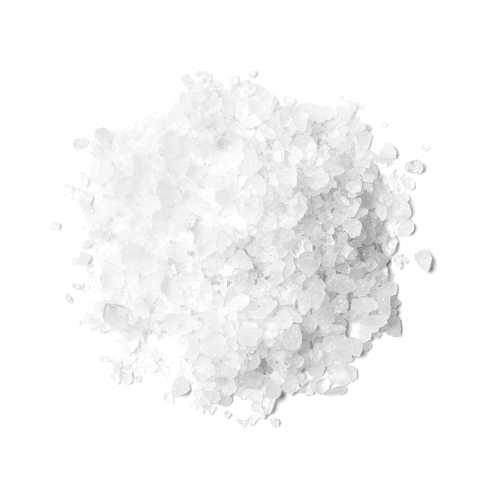Sodium Levullinate
sodium salt of levulinic acid
Sodium Levulinate
Other Name(s):
Levulinic Acid; CAS No. 19856-23-6

Sodium Levulinate is made using glucose, sucrose, starch or other crude biomass waste from the paper or agricultural industries such as wood pulp or bagasse (sugarcane fibres).
Is Sodium Levulinate Faithful to Nature?
Yes.
Sodium Levulinate is an ingredient synthesised using eco-friendly methods. It is synthesised from renewable raw materials and has great applications in skin and hair care products.
Benefits: Why is Sodium Levulinate Used?
Skin Conditioner
Sodium Levulinate is a skin conditioner that leaves the skin softer and more supple.
Skin Balancing
Sodium Levulinate helps to maintain the skin’s healthy pH.
Preservative
Sodium Levulinate has narrow spectrum antimicrobial properties.
Biodegradable
Sodium Levulinate is biodegradable to OECD standards.
Sodium Levulinate can be found in moisturisers and hair conditioners as well as sensitive skin cleansers and baby lotions.
Sodium Levulinate can be synthesised using a variety of different methods. The first ever method included reacting sugar with hydrochloric acid in the mid 1800s. Nowadays it’s made using hydrolytic methods where the levulinic acid is synthesised from raw biomass using water, temperature and pressure.
Sodium Levulinate is also used in food-safe preservatives to prevent microbial growth and spoilage.
Notice: The information provided here is not intended as medical advice and is for educational purposes only.
Products Containing Sodium Levulinate
There are no products matching the selection.



